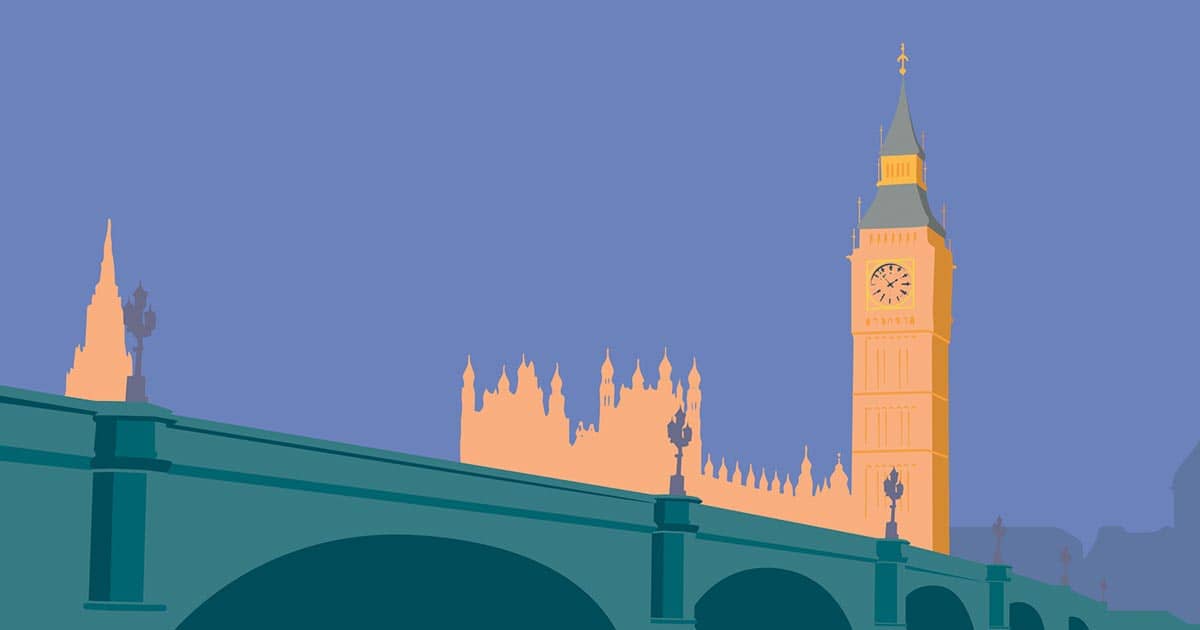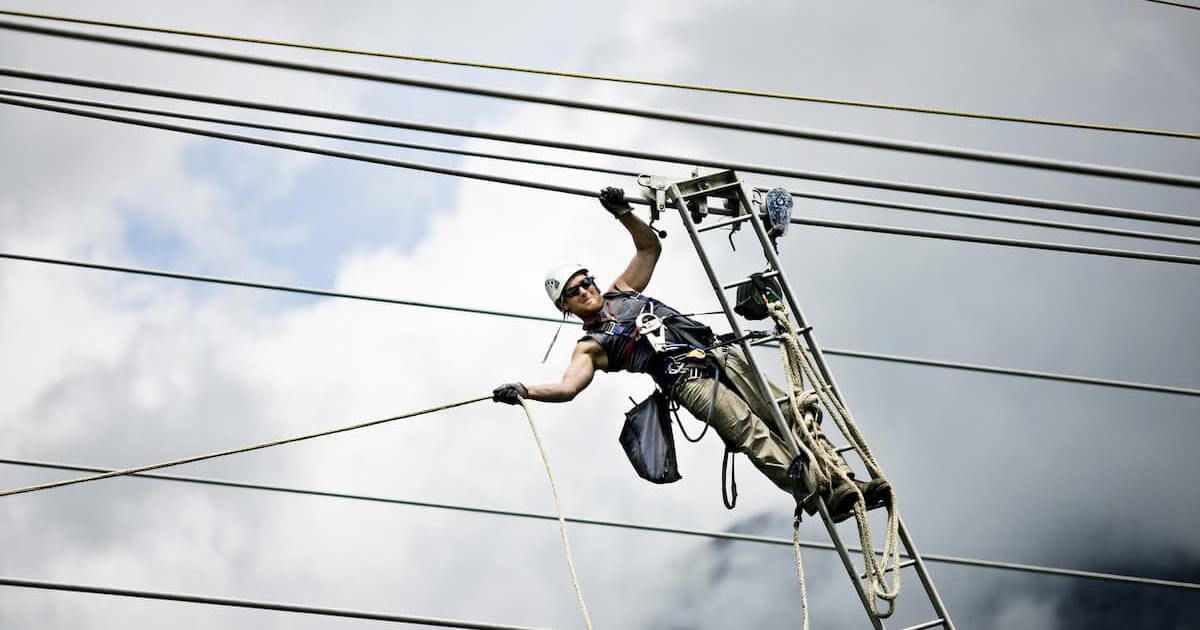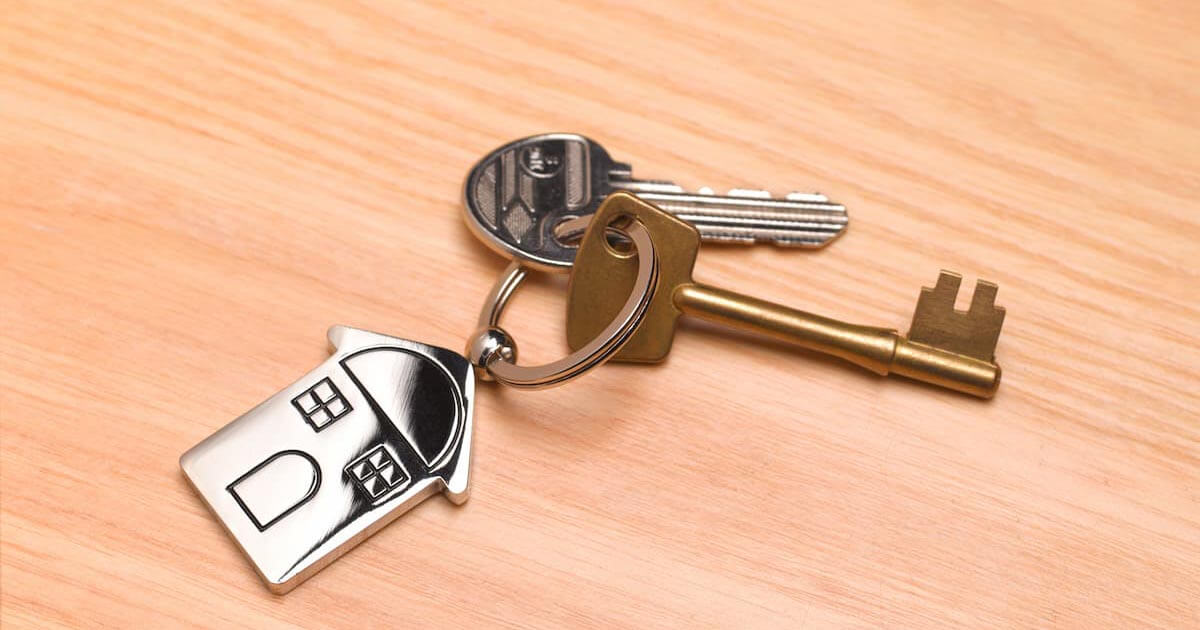If you have an unoccupied property, you should take the following precautions to keep squatters out.
Secure your premises
The first precaution you should take is ensuring that all of your windows and doors are locked so that no one can easily get onto the premises. You should also try to take away any means of accessing your property, such as scaffolding or ladders. If you haven’t already, install a security system on your property, such as intruder alarms or surveillance cameras.
Make regular visits
Making regular visits to your property can make it seem as though there is someone regularly checking on the property. This is also a deterrent against thieves who may be scoping out empty properties. Making regular visits will also ensure that if there are any squatters, they are discovered sooner rather than later.
Shut off services such as water and electricity
By removing basic utilities, squatters will find it difficult to live at your property. Whilst they might have already gained access to your property, they might not stay long if they don’t have easy access to essentials, such as water.

















